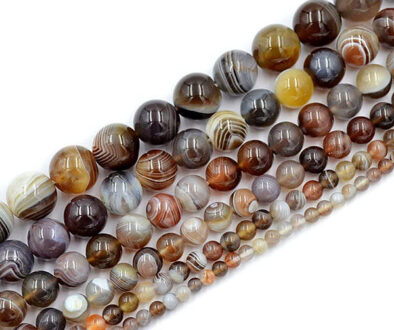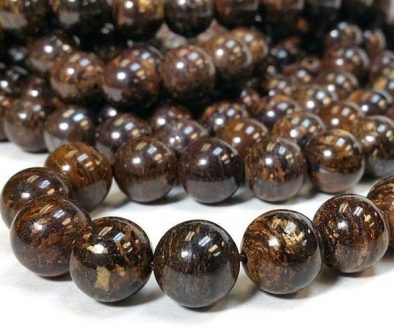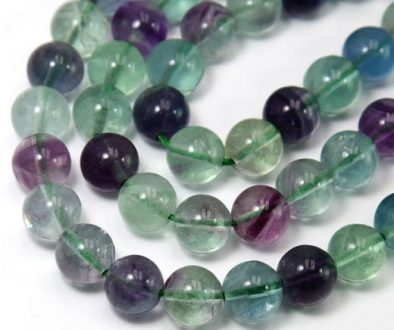Vesuvianite
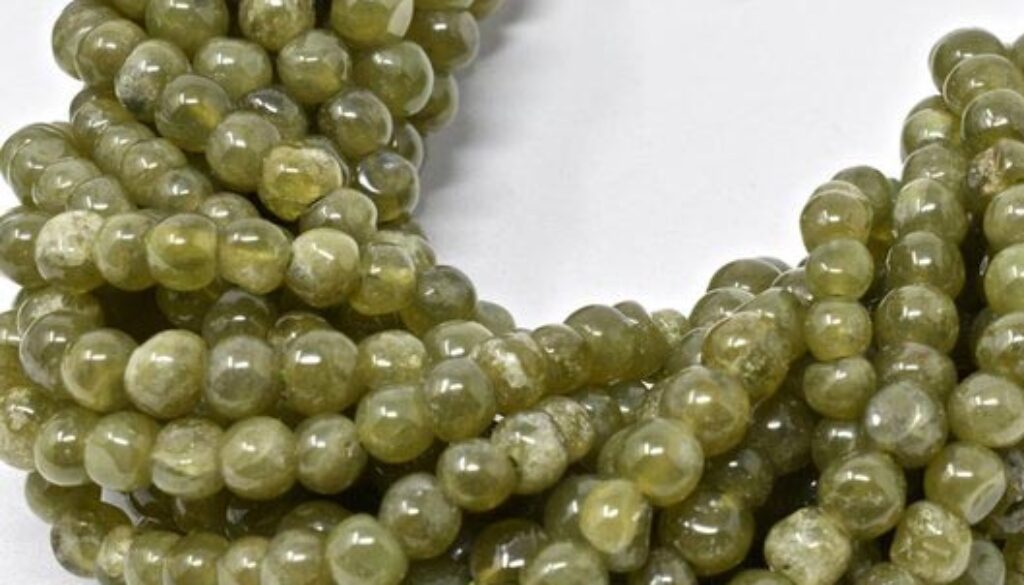
 Vesuvianite is a calcium magnesium iron aluminium silicate hydroxide mineral that belongs to the Soro-silicate sub class of minerals. This stones crystal system is tetragonal. It can form in short prismatic or pyramidal crystals, as well as in massive, ,compact, granular or columnar habits which is why the alternative name for this stone is Idocrase which is from the greek and means “mixed form”
Vesuvianite is a calcium magnesium iron aluminium silicate hydroxide mineral that belongs to the Soro-silicate sub class of minerals. This stones crystal system is tetragonal. It can form in short prismatic or pyramidal crystals, as well as in massive, ,compact, granular or columnar habits which is why the alternative name for this stone is Idocrase which is from the greek and means “mixed form”
Vesuvianite was named for Mount Vesuvius in Naples, Italy, by A. G. Werner in the year 1795. It is also known by the names Vessonite and Vasanite. The gem-grade quality of Vesuvianite is called Idocrase.
Minerals of the same composition and structure are also found in Quebec, Canada and various locations in the USA, including Montana, Vermont, and Maine. The colors can range from pale to deep green with flecks, swirls or bands, and can include the colors yellow, red, blue, brown, pink and white.
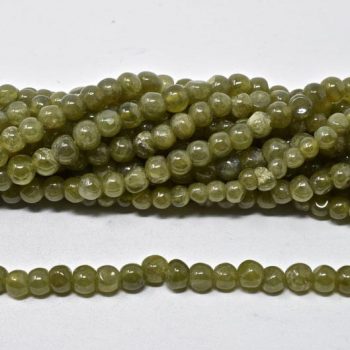 Vesuvianite usually occurs as green or olive stones but can include yellow, brown, red, blue (cyprine) and purple or as a green gem quality stone known as Californite which is only found in California USA. The stones have a vitreous or greasy to resinous lustre and are transparent to translucent.
Vesuvianite usually occurs as green or olive stones but can include yellow, brown, red, blue (cyprine) and purple or as a green gem quality stone known as Californite which is only found in California USA. The stones have a vitreous or greasy to resinous lustre and are transparent to translucent.
The name vesuvianite was given to the mineral because it was originally found on the volcano Vesuvius in Southern Italy.
Vesuvianite (Idocrase) strengthens the tooth enamel and restores the sense of smell. It also assists in assimilating nutrients from food.
Vesuvianite helps with balancing and activating your digestive processes and enhances the intake of nutrients from food. This stone may relieve stress based illnesses, calm a racing heart and pulse.
Vesuvianite is a stone of support, it can be used to help strengthen the legs and feet, to counter varicose and spider veins and to enhance the integrity and strength of all types of tissues in the body.
It will support and enhance the healing process for those of you with poor blood circulation, high blood pressure, anaemia and heart disease.
